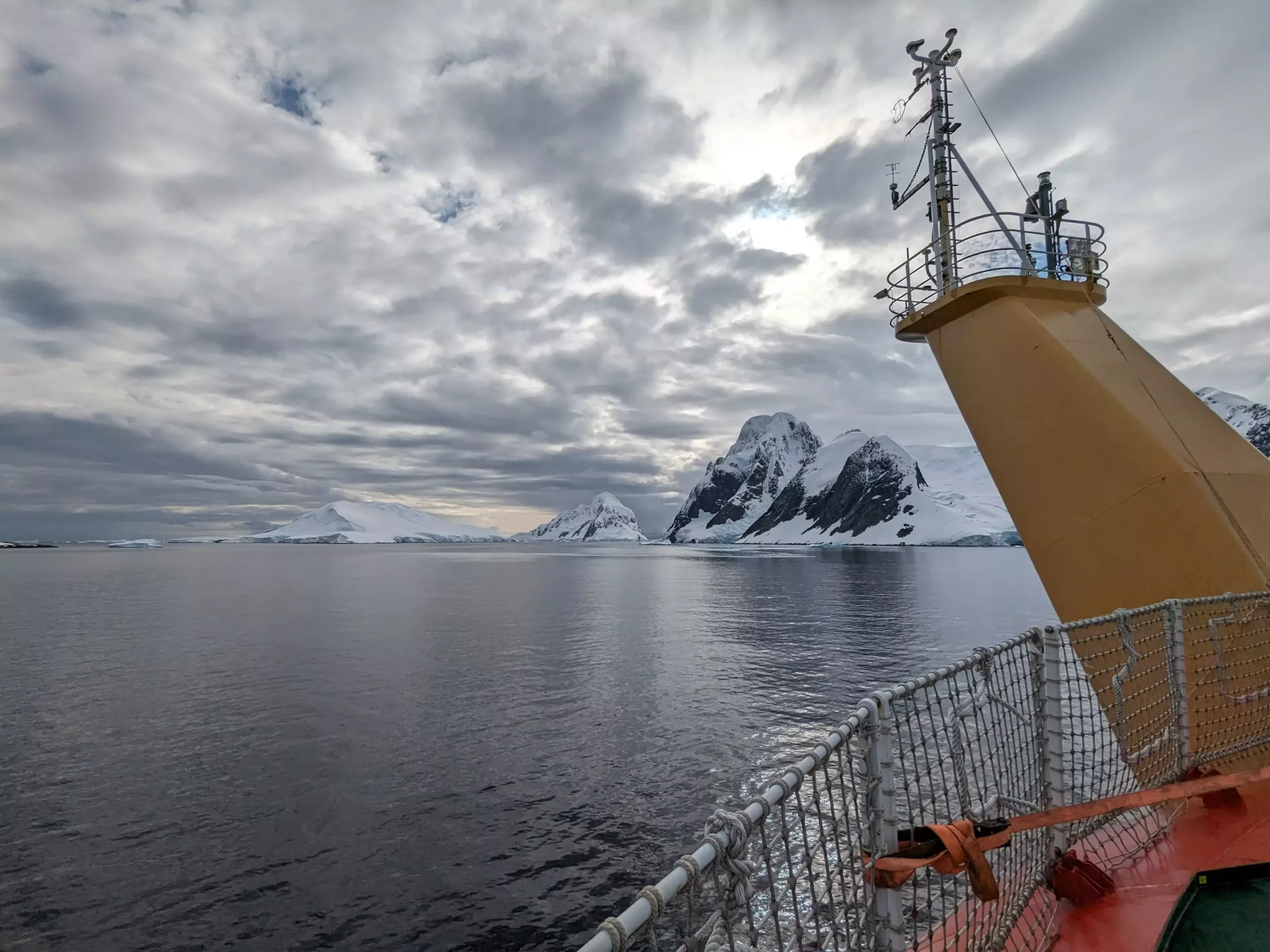Recent research has illuminated a surprising aspect of the Southern Ocean’s relationship with carbon dioxide (CO2) absorption, revealing that it plays a significantly larger role in mitigating climate change than previously understood. Led by the University of East Anglia (UEA) and the Plymouth Marine Laboratory (PML), this revolutionary study highlights a 25% increase in the Southern Ocean’s CO2 uptake compared to earlier indirect estimates. This striking revelation is critical as the Southern Ocean is a fundamental player in the global carbon cycle, sequestering CO2 emissions generated by human activities.
The significance of this research lies in its use of direct measurements to assess CO2 exchange between air and sea, employing an innovative technique known as eddy covariance. This method goes beyond traditional shipboard data collection, enabling scientists to capture real-time fluctuations in CO2 absorption, which proves vital in understanding the ocean’s role in climate regulation. Given the Earth’s current climate crisis, understanding these dynamics offers a beacon of hope amidst uncertainty.
Shattering Old Assumptions
Before this groundbreaking study, the understanding of the Southern Ocean’s carbon sink was marred by reliance on indirect methods that often led to considerable variations in estimates. Past assessments depended heavily on data collected from ships and ocean models that failed to account for the ocean’s dynamic behavior, leading researchers to underestimate the amount of CO2 absorbed. The new findings drastically challenge these outdated perceptions, demanding a reevaluation of existing models and prompting a deeper investigation into the Southern Ocean’s complex ecosystem.
Dr. Yuanxu Dong, the lead author, emphasizes the pivotal role of direct measurement in refining our understanding of the Southern Ocean’s CO2 absorption. The research team undertook significant efforts, utilizing their eddy covariance systems during multiple research cruises to gather extensive data over a substantial geographical area. This newly acquired understanding of the ocean’s capabilities not only reshapes the narrative surrounding climate change but also highlights the importance of accurate data in climate science.
Decoding the Complexity of Oceanic Carbon Sinks
One of the most intriguing aspects of this research is the identification of temperature variations in the upper ocean and their impact on CO2 uptake. Previous models did not adequately account for these fluctuations, resulting in a substantial underestimation of carbon absorption events. This highlights the necessity for more refined models that can capture the intricacies of ecological interactions in the Southern Ocean, allowing for an enhanced understanding of its role as a carbon sink.
Co-author Dr. Mingxi Yang articulates the urgency of addressing uncertainties in CO2 absorption locations and magnitudes. With fluctuating environmental conditions and potential shifts in oceanic currents, the Southern Ocean’s behavior is anything but predictable. The implications go beyond academic curiosity; they frame crucial discussions on climate policy and global carbon management, emphasizing the need for adaptive strategies.
The Road Ahead: Future Research Directions
While these findings represent a monumental step forward, they also shed light on the gaps that still exist in our understanding of the Southern Ocean’s CO2 absorption. The study admits to limitations, notably the lack of winter data due to the challenges of accessing these remote regions. It underscores the critical need for continuous, high-quality observations to fill these gaps, advocating for an expansion of measurement efforts, including the use of more ships and the deployment of autonomous buoys.
Furthermore, researchers are keen to utilize the recently acquired capabilities of the RRS Sir David Attenborough icebreaker for future research endeavors. These initiatives must be prioritized, especially considering the recent decline in shipboard CO2 measurements caused by decreased funding and the impacts of the COVID-19 pandemic. The importance of sustained funding cannot be overstated; as the researchers point out, fluctuations in research intensity can compromise global understanding of climate dynamics.
A Call for Global Collaboration
This transformative study serves as a clarion call for global collaboration in oceanographic research. As the climate crisis intensifies, it is critical that nations unite to bolster funding and resources dedicated to monitoring CO2 absorption in vital regions like the Southern Ocean. This collaborative approach could not only enhance our understanding of oceanic processes but also provide the foundational knowledge necessary for effective climate action.
The urgency of the situation demands a multifaceted strategy, including investment in technological advancements and innovations aimed at improving measurement techniques. With the stakes higher than ever, this research paves the way for an invigorated dialogue on climate solutions, emphasizing the Southern Ocean’s indispensable role in sustaining the planet’s ecological balance. As scientists work to fill the looming gaps in our understanding, the hope is that future research will lead to informed policies that harness the full potential of our oceans in the battle against climate change.


Leave a Reply